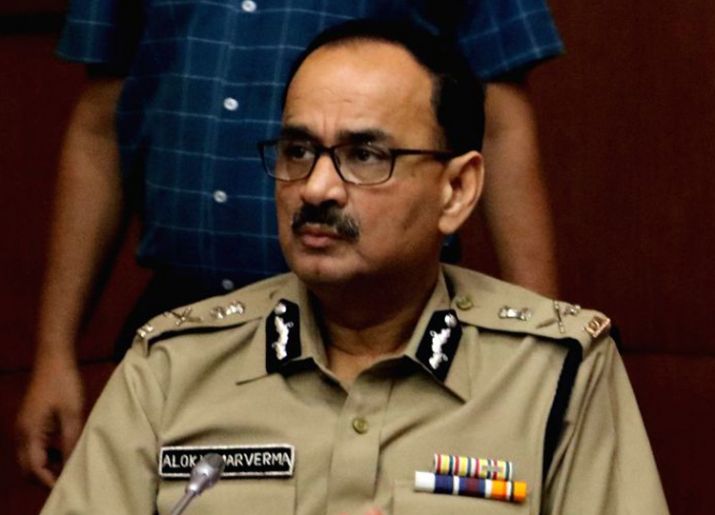SN Misra
In a bizarre turn of events, Alok Verma, who was reinstated as Director-CBI by the Supreme Court January 8, was unseated January 10 by a selection committee. The Prime Minister and Justice AK Sikri, nominated by the CJI, were convinced that the charges levelled at Verma by the CVC were valid, warranting his removal. The charges include his dubious role in the Moin Qureshi case. Verma is alleged to have received payment of Rs2 crore as bribe from Sathish Babu Sana to avoid further interrogation or action in the case. Another corruption charge is based on indicative intercepts made by the Research and Analysis Wing.
At the same time, there are counter charges that the CVC report is based on the version of CBI Special Director Rakesh Asthana, who was in reality being bribed by Qureshi. Subramanian Swamy has alleged that the CVC report is biased and based on “bogus legal brain”. More important, Swamy believes the selection committee should have given Verma a chance to defend himself against the allegations.
Mallikarjun Kharge in his dissenting note has mentioned that there is a need to deliberate on the CVC report at greater length, instead of rushing through the decisions. He also agrees with the contention of Swamy that Verma should have been allowed to defend himself against the allegation, which is the sine qua non of natural justice.
In respect of members of civil services (Verma was an IPS officer of 1979 batch), Article 311 of the Constitution provides that no person can be dismissed or removed except after a detailed inquiry and “given a reasonable opportunity of being heard in respect of those charges”. There is more to the present sordid episode than meets the eye. It is not clear whether a formal charge sheet has been issued to Verma. Most legal luminaries believe the selection committee has flouted the principle of natural justice.
It is not clear whether a formal charge sheet has been issued to Verma. Most legal luminaries believe the selection committee has flouted the principle of
natural justice
It is being contended that Kharge is taking a partisan view in the matter, rather than being objective and dispassionate as part of a committee. A reference is made to similar situation where Sushma Swaraj, as member of the high-power committee, had objected to the selection of PJ Thomas as CVC, as charges against him were being probed by a CBI court for irregular import of palmolein. In the case of 2011, then CJI SH Kapadia had termed the CVC as an ‘integrity institution’ and quashed appointment of Thomas, owing to the taint.
Many believe that by criticising Justice Sikri, the Congress has been belittling the dependence and integrity of the judiciary. They would be well advised to read Justice Benjamin N Cardozo’s book ‘The Nature of the Judicial Process’ (1921), where he writes: “The great tides and currents which engulf the rest of men do not turn aside in their course and pass the judges by.” Judges often do get affected by the tumult of their times.
The controversy of Verma’s reinstatement and subsequent transfer is larger than the political slugfest between the party in power and the opposition, and the integrity of a judge; but restoration of institutional independence and impartiality is paramount for every Indian.
Gerhard Schroder, erstwhile German chancellor, on bidding farewell to Ernst Welteke, President of Bundesbank who resigned in 2004, said: “I am often frustrated by the Bundesbank. But thank God, he was there.” The value of democracy transcends personalities and thrives on institutional independence, and the faith that people repose on their impartiality.
The CBI, being an integrity institution, is a sentinel against corruption in high places. The CBI director ideally should be a constitutional authority just as the CAG or the CEC to be truly effective, impartial and apolitical.
The writer teaches constitutional law. e-Mail: misra.sn54@gmail.com
